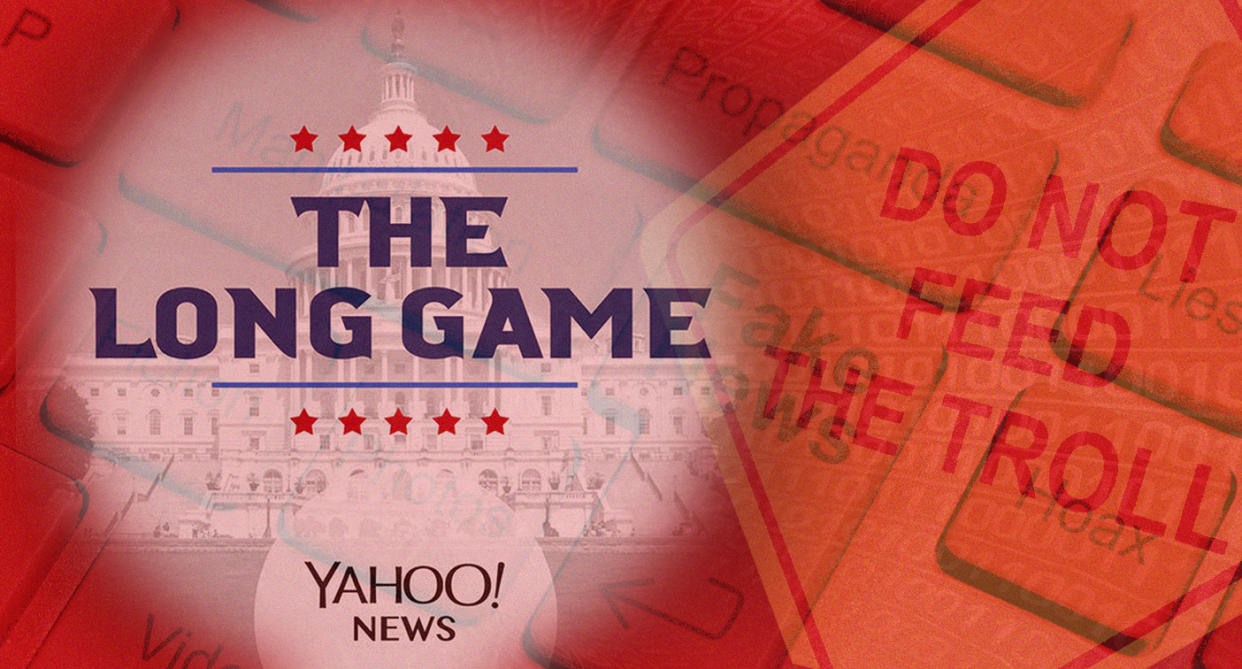How conspiracy theorists have played the press

The idea that the media could be gatekeepers, or decide what information the public should know and not know, has long ago been rendered obsolete by the Internet.
But that reality may have lulled the press into thinking there was no responsibility on its part to ignore, exclude, downplay, or contextualize those who want to manipulate press coverage to promote conspiracy theories or hateful ideologies.
“You can risk going too far. You can risk saying everyone has a right and should see every single piece of everything, no matter how incredulous, how ridiculous, how over the top, how upsetting … So we’re going to take you into 4Chan and show you all the most racist terrible memes and all that stuff,” said Charlie Warzel, senior technology reporter for BuzzFeed News, on the latest episode of “The Long Game” podcast.
Warzel wrote in a recent edition of his newsletter, InfoWarzel, about his concern that some of his own reporting on conspiracy theorists, like Alex Jones, was then used by them to expand their reach and to even sell merchandise.
“This reflection has caused me to adopt a reflexive-bordering-on-contrarian skepticism about covering stories that are a big part of the cultural conversation including, among other things, Trump tweets and Alex Jones rants,” Warzel said.
He pointed to a recent talk by technology scholar Danah Boyd, who told journalists about one of the ways that conspiracy theorists attract web traffic to their websites through something called “data voids.”
“Media manipulators design and exploit data voids. They galvanize around phrases, create digital content around that phrase, and then work to push those phrases into the mainstream lexicon by using news media’s instinct to cover something new,” Boyd said.
Boyd pointed to the Jones conspiracy that the government staged the 2012 mass shooting at Sandy Hook Elementary School in Newtown, Conn. — where 20 children and six adults were killed — to justify seizure of firearms. One of the terms Jones and others used to promote this lie was to say that people interviewed by the media, whose children had been shot and killed by the perpetrator, were really government-backed “crisis actors.”
“When it came to ‘crisis actors,” they knew what search results would appear at the top, especially on YouTube,” Boyd said.
Warzel talked about how journalists need to be wary of using provocative language, or cover stories that are attention-grabbing but add little to the public debate.
“There’s an idea now … that there are ways we can responsibly do a little more of that gatekeeping,” Warzel said.
_____
Read more from Yahoo News:



